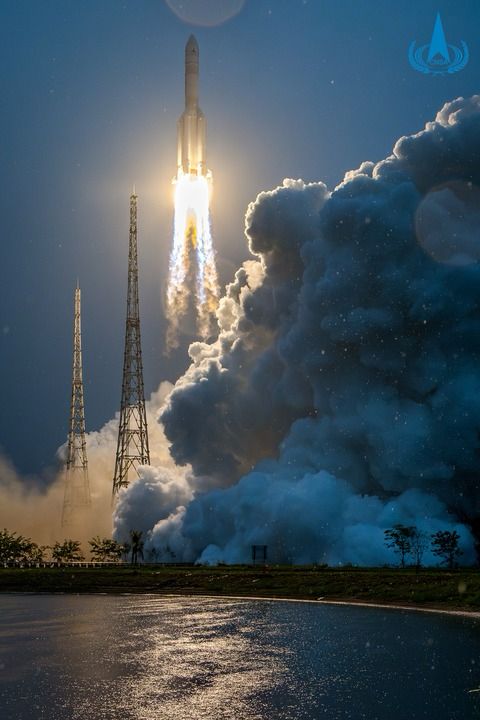Xinhua
HAIKOU : International guests on Friday spoke highly of the extensive international cooperation on China’s Chang’e-6 mission and agreed to continue to seek new cooperation on lunar and deep space exploration.
About 50 guests from 12 countries and international organizations were invited by the China National Space Administration (CNSA) to attend a workshop focusing on the international payloads carried by Chang’e-6 and witness the launch at the Wenchang Space Launch Site in south China’s Hainan Province.
The Chang’e-6 mission is expected to collect samples from the far side of the moon, making this mission the first of its kind in human history. The mission is carrying four payloads developed through international cooperation, providing more opportunities for the world’s scientists and merging human expertise in space exploration.
Scientific instruments from France, Italy and the European Space Agency (ESA) are aboard the Chang’e-6 lander, and a small satellite from Pakistan is aboard the orbiter.
“We are very proud to be part of this historic mission,” said Pierre-Yves Meslin, Detection of Outgassing RadoN (DORN) Principal Investigator from France, adding that he is looking forward to further space cooperation between the two countries.
Qamarul Islam, a professor at the Institute of Space Technology of Pakistan, expressed great appreciation for the collaboration experience with China. He said the relatively small countries who are not able to go into space on their own should be given the opportunity to do some space research.
“All of us have a shared future,” said Khalil-ur-Rahman Hashmi, Pakistani ambassador to China, adding that space cooperation on Friday’s launch is a practical manifestation of sharing the benefits of technology with other countries and organizations.
“The very nature of space exploration encourages us to think of our planet as one, and encourages us to think of humanity together. It is absolutely key for us to continue our young journey out into the cosmos by working together,” said Neil Melville-Kenney, Negative Ions on the Lunar Surface (NILS) Technical Officer of ESA. ■



